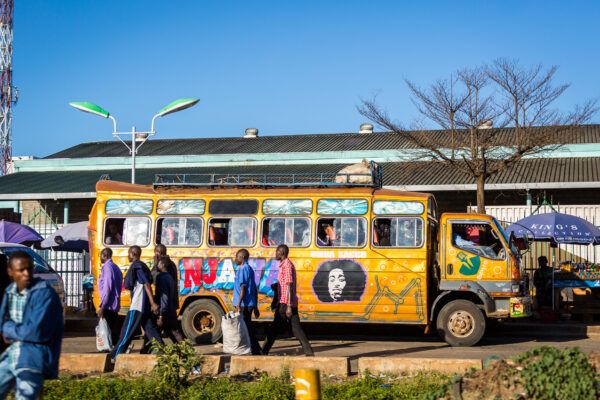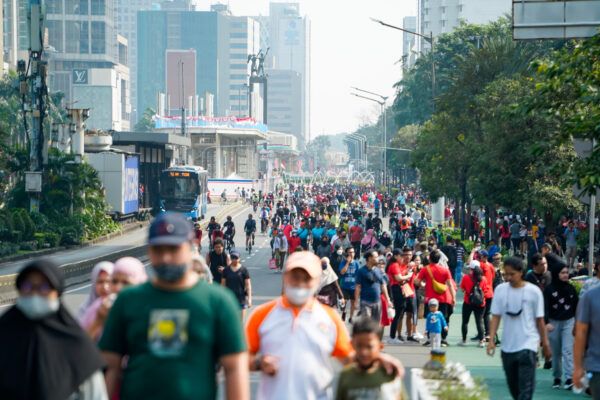A global commission of high-level government figures, renowned health experts, academics, and leading climate change specialists has issued a call for increased efforts to tackle air pollution ahead of the World Bank and IMF Spring Meetings in Washington DC next week.
Co-chaired by Rt Hon. Helen Clark, former Prime Minister of New Zealand, and Dr Soumya Swaminathan, former Chief Scientist at the World Health Organization (WHO), the newly established Our Common Air Commission sets out the critical importance of clean air initiatives in a new call to action.
Air pollution has not received the attention or funding it deserves, despite causing an estimated 7 million premature deaths a year. We all rely on clean air for our survival, but — perhaps because pollution is often unseen — we take this public good for granted and assume ‘someone else’ will take responsibility for delivering it.
Helen Clark and Soumya Swaminathan
The Commission is made up of 18 influential figures from around the world, including Yvonne Aki-Sawyerr, Mayor of Freetown; HE María Espinosa, former Ecuadorian Foreign Minister and United Nations General Assembly President; Gina McCarthy, former Administrator of the US Environmental Protection Agency and Shirley Rodrigues, Deputy Mayor of London.
Tackling air pollution has benefits that go well beyond health. It propels sustainable economic development, reduces inequity, and contributes to social justice. Achieving clean air goes hand in hand with climate objectives; it is both a pre-condition and consequence of securing a 1.5-degree world. It also builds our resilience and ability to adapt to climate change.
Helen Clark and Soumya Swaminathan
The Commission is urging global financial institutions, particularly the World Bank, to invest more heavily in clean air programmes to generate climate, health and economic benefits.
In addition to advocating for increased financing, the Commission calls on global financial institutions to measure and better track the economic benefits that come from clean air, so that it is recognised as an asset for people and planet.
Clean air is not just something that costs money to achieve, but is an asset which can improve health and productivity, and drive new models of economic growth and sustainable development more generally.
Helen Clark
99% of the entire global population is breathing air that exceeds WHO air quality limits and threatens their health, underscoring the urgent need for action. Air pollution also exacts a heavy toll on economies, with the OECD estimating that approximately 1.2 billion workdays are lost annually due to its effects. Without intervention, this figure could soar to 3.8 billion days by 2060.
Clean air is foundational to sustainable development and economic growth. But air quality still gets limited attention in the international arena and falls through the cracks of development finance. The Our Common Air Commission’s bold recommendations provide governments and international finance institutions with practical ways to accelerate collective action on this huge global challenge.
Jane Burston, CEO of Clean Air Fund


